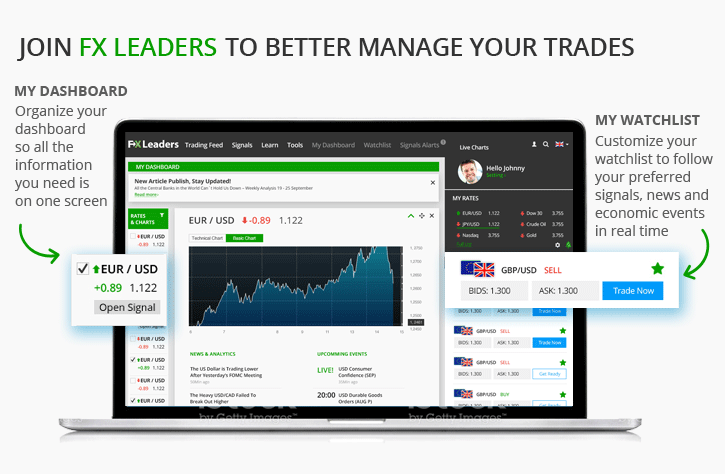GDP QoQ Eurozone


Event Date: Wednesday, February 14, 2024
Event Time: 10:00 CET
If Q3 GDP Misses. Europe Will Be in Recession
Updated Monday, February 12, 2024
EVENT ENDED
The Eurozone economy used to grow by around 0.6% during 2017, but the economic growth has softened since then. The economy grew by 0.4% in the first quarter of last year and it slowed further in Q2, growing by 0.3%. In Q3, the GDP was expected to grow by 0.4% again, but missed expectations and only grew by 0.2% that quarter. Q4 remained the same again. In Q1 of this year, the growth rate of the Eurozone economy was expected to tick higher to 0.3%, although the prelim Flash GDP reading for Q1 surprised us as it moved to 0.4%. The economy has slowed in Q2 and the last reading for Q2 came at 0.2%, while in Q3 it slowed further to just 0.1%, where it remained in Q4. But, with coronavirus spreading in Europe, and the shut-down, the economy was expected to have contracted by 3.7% in Q1 of 2020, but the contraction was a bit bigger at -3.8%, which was revised a tad higher to -3.6%. The GDP fell further in Q2 by 11.8%, while increasing by 12.7% in Q3, which was revised lower to 12.5% later. In Q4 restrictions returned again, so the GDP turned negative at -0.7%, while Q1 came at 0.2% which was revised up to 0.6%. Q2 GDP showed a 0.8% expansion, while Q3 the economy contracted by -0.1%. Q4 is expected at 0.0%, so a slight miss will send the Eurozone in an official recession. Please follow us for coverage of this event by experienced market analysts.
<% indicator.indicator_name %>
<% indicator.indicator_value %>
 <% ssp.ssp_posted_at |date:"HH:mm" %>
<% ssp.ssp_posted_at |date:"HH:mm" %>
RELATED PAIRS
About GDP QoQ Eurozone
Gross Domestic Product (GDP) measures the total value of a country’s industrial output over a given period. It consists of the aggregate domestic production of goods and services by individuals, businesses, and government. GDP data is available in dollar or index form. Eurozone GDP is displayed on a quarterly format in comparison of growth from one month to the next, represented in a percentage format.
GDP (QoQ) is a leading indicator of the Eurozone economic health. High levels of GDP growth are viewed as being positive for Eurozone indices as well as for the. Low levels of growth are negative to most asset classes and are common to recessionary cycles. The European Central Bank (ECB) places a great deal of emphasis on monthly and yearly GDP. Robust growth is often a prelude to monetary tightening, while stagnate levels provide an environment conducive to Quantitative Easing (QE).
Traders monitor GDP (QoQ) releases closely. Abnormal reports may cause rapid buying or selling of the European indices or the Euro. Currency, equities, and commodities markets all exhibit enhanced degrees of volatility surrounding the GDP release.
Comments
Subscribe
Login
0 Comments
OLD EVENTS




